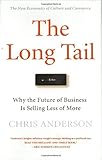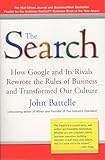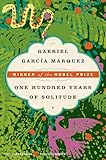I just came across one of the most absurd articles I’ve read in a while, by a certain Kenneth Levin, a clinical instructor of psychiatry at Harvard Medical School, a Princeton-trained historian, a commentator on Israeli politics and an author of a book I’m sure is full of more nonsense called “The Oslo Syndrome: Delusions of a People Under Siege”.
The article lists some so-called seven pillars of Middle East reality that he thinks stand in the way of peace with Israel.
Here are the seven points and what I think of each one:
Arab leaders have no interest in genuine peace with Israel
This can’t be more wrong; the Arab leaders wouldn’t want anything more than to have the whole Israel-Palestine problem solved, a peace established, the ability to move on and leave the whole thing behind them. In fact, a number of the Arab regimes, if not most of them, already have secret ties with Israel, and are just waiting for the chance to make them public and announce normalization. Plus more and more of these Arab regimes are coming to think that the only way to help solve the Palestinian problem is by building ties with Israel. All this might be against the will of their people, but the leaders and regimes would do anything to move on and put this problem behind them.
Israeli-Arab peace will come on the Arabs’ timetable
Israeli-Arab peace will come on both side’s timetables, just like any other peace agreement, and the proof is that the Arab leaders have proposed peace and normalization deals with Israel several times that ended up in the bin because Israel wasn’t willing to move from its side. If anyone, it’s Israel that’s setting its timetable, not the Arabs.
All minorities living within the Arab world are under siege
This is very very wrong, and a trip to any country in the Arab world where a religious minority exists can show that; Jews in countries like Tunisia and Morocco, Christians in countries like Egypt, Jordan and Lebanon, and the list continues; These people enjoy all their rights and freedoms, and live in peace alongside Muslims.
Continue reading Seven Pillars of Middle East (Un)Reality



 A friend of mine and I went to see
A friend of mine and I went to see 